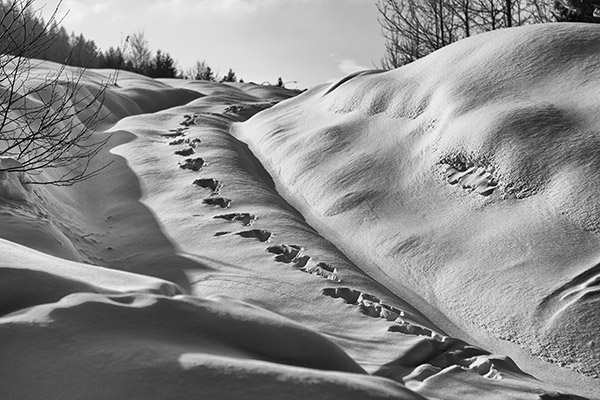Subtotal: $
Checkout
Seek the Lost
Our vows to rise to a higher life are useless unless we endeavor to take with us others who have fallen.
By Joseph H. Hertz
September 24, 2023
As venerable men in the congregation solemnly repeat from the Almemor:footnote “With the permission of the Court on High, and with the permission of the Congregation below, we declare it permitted to pray with hardened transgressors.” Why this custom? In some communities of the Middle Ages there were persons who, by their conduct, had placed themselves outside the pale of Judaism; cowardly apostates, for example, who sold their souls; informers, who spread broadcast false accusations against their brethren; insubordinates, outcasts, criminals. Throughout the year these never sought spiritual fellowship with their brethren. On Yom Kippur, however, they would steal into some corner of the synagogue and join the worshipers in prayer. The Rabbis thereupon instituted this solemn declaration, in order to proclaim in most unmistakable terms that, no matter what is a man’s mode of life – slanderer, apostate, outcast – he is still a brother. “We have transgressed, we have dealt treacherously, we have robbed,” do we pray. We associate ourselves with the most forlorn souls that sin in darkness, because we recognize that society – we ourselves – are largely responsible for their actions. Many a time has our evil example misled others, and become a stumbling-block in the way of the blind. And all our Yom Kippur vows to rise to a higher life are useless, unless we endeavor to raise others who have fallen.

Photograph by Josef Nový / Alamy Stock Photo
A traveler was crossing mountain heights of untrodden snow alone. He struggled bravely against the sense of sleep which weighed down his eyelids, but it was fast stealing over him, and he knew that if he fell asleep death would inevitably follow. At this crisis his foot struck against a heap lying across his path. Stooping down, he found it to be a human body half buried in the snow. The next moment he held him in his arms, and was rubbing and chafing the frozen man’s limbs. The effort to restore another unto life brought back to himself warmth and energy, and was the means of saving both. The same law obtains in the realm of the soul. In order that our spiritual vitality may quicken into new life, we must help others in highest matters of faith and hope.
“Heaven’s gate is shut
To him who comes alone;
Save thou a soul,
And it shall save thine own.”footnote
“I will seek that which is lost, and will bring again that which is driven away, and will bind up that which is broken, and will strengthen that which is sick.” —Ezekiel 34:16.
Source: Joseph H. Hertz, A Book of Jewish Thoughts (London: Oxford University Press, 1921) 244–245.
Footnotes
- Reading desk, usually in the center of the synagogue.
- Quotation from J. G. Whittier.
Already a subscriber? Sign in
Try 3 months of unlimited access. Start your FREE TRIAL today. Cancel anytime.






